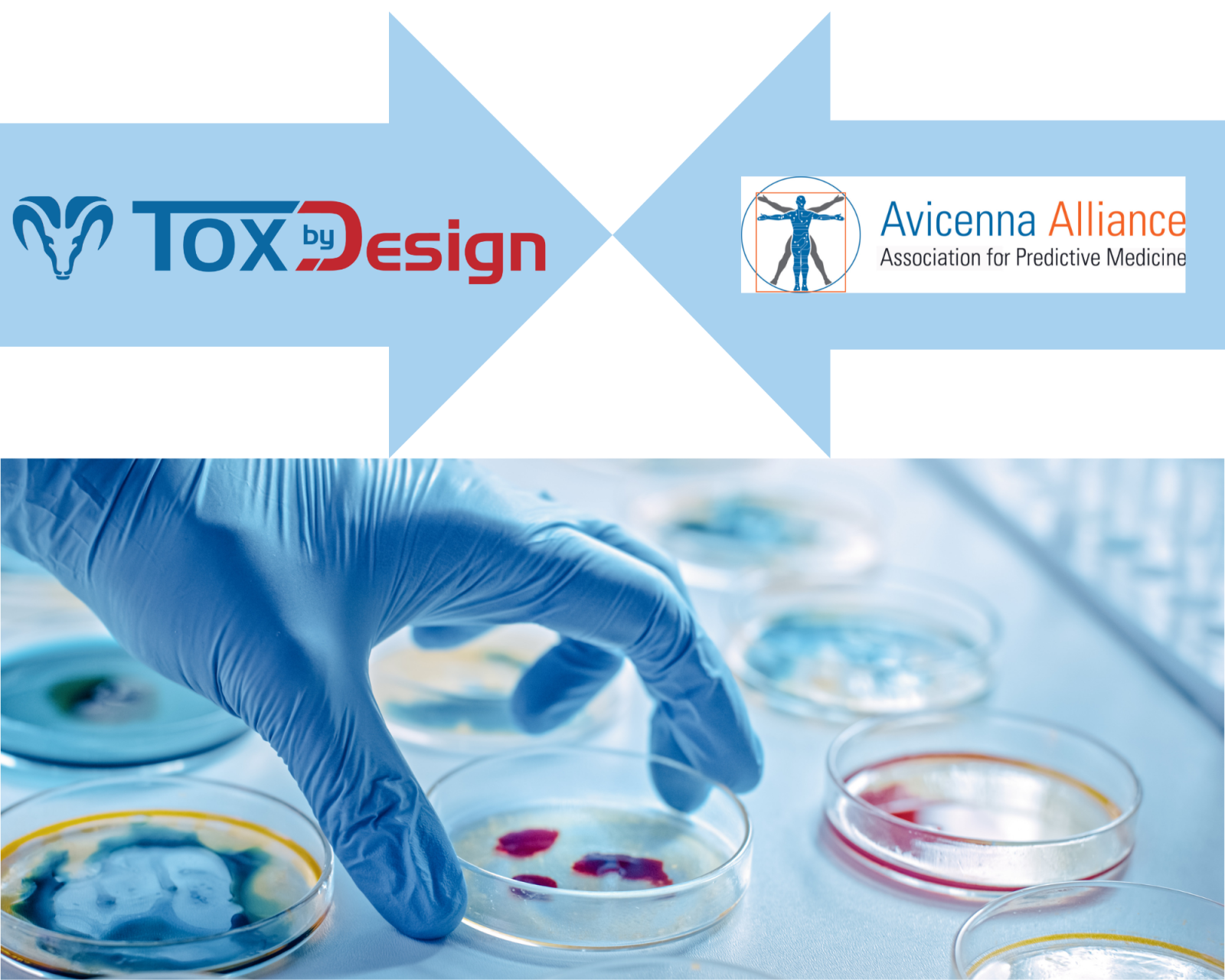Predictive medicine or “in silico medicine” as a broader term, is the use of computer modelling and simulation in the diagnosis, treatment, prevention of a disease and development of products.
In silico medicine has only been made possible in the few decades with the vast roll out of high-throughput computing on an unprecedented scale. Processing huge quantities of complex data that can factor in all manner of variables and translating this into highly valuable knowledge is something that would have been unthinkable just a decade ago.
Reducing research costs
Through better identification of promising new compounds and better predictability of which compounds are likely to fail, in silico can significantly reduce the failure rate of medicinal products and optimize the clinical trial process.
For many device designers their working methods have long involved the use of computer-aided techniques and, increasingly, anatomically-informed individualisation has contributed to the understanding and refinement of the product development process. Now in silico clinical trials offer the possibility of shortening and cost-reducing the time-to-market, by extending the computational involvement through to the regulatory phase of the process.
Improving patient safety
In silico medicine allows us to test scenarios which would be impossible or unethical to test in real patients. Testing the long term durability of metal on metal hip implants for example can allow us to develop safer and more effective medical devices that conform to the specifics of each patient. Similarly, with medicinal products, building advanced models based on the stratification of patients can help identify which patients may not be suited for particular treatments and allow greater predictability of drug efficacy.
Helping to avoid adverse reactions
There is always a leap of faith in transitioning from animal testing to testing in humans. In silico medicine can help make that leap significantly smaller. In silico applied to clinical development can change the paradigm entirely, switching from a costly trail/error model where phase 3 RCTs are exploratory to one where these Phase 3 become confirmaory of ex-ante in silico simulations, reinforcing the determination of new product value and focusing spending on the most promising scenarios.










